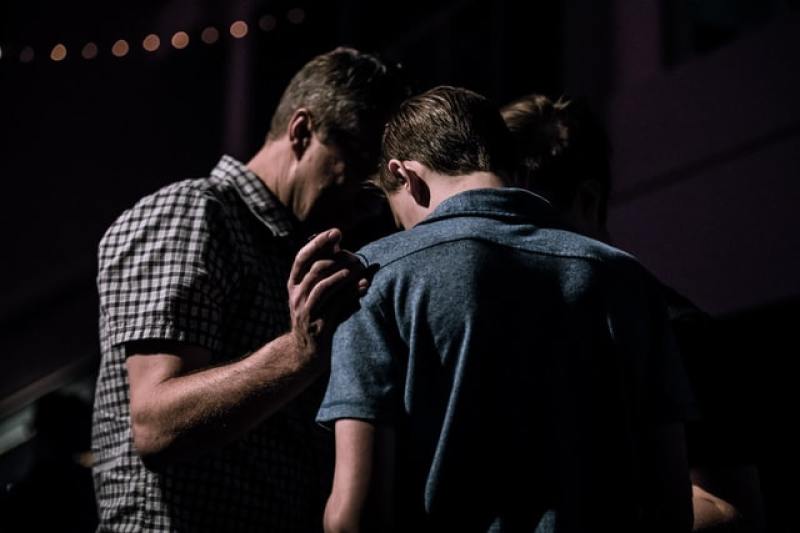
Members of Alcoholics Anonymous (AA), an international organization helping alcoholics achieve sobriety, from a town in England were reportedly delisted recently for being "too Christian-focused" by praying the Lord's Prayer to start their meetings.
Christian News Now said top officials of AA "caught" their members from Yeovil, Somerset praying the Lord's Prayer and reprimanded their leaders for "becoming too Christian-focused" during meetings. The top officials then removed the Yeovil group from their online directory for AA locations.
Alcoholics Anonymous-Yeovil Treasurer John Palmer told Daily Mail that removing them from the list as disciplinary measure was "ridiculous" considering the organization was established by Christians in the 1930s who used the Serenity Prayer to close meetings. This practice, he said has been adopted in all the AA groups around the world along with holding meetings in a church.
"It's a ridiculous decision. They've removed us from the 'Find a meeting' section of the AA website which will prevent new members from finding us. In other words, we're being shut down," Palmer said.
AA, whose beginnings came from a 1935 meeting in Akron Ohio of New York stockbroker Bill Wilson and local surgeon Dr. Bob Smith who were both "hopeless alcoholics," prides itself for becoming a global success using a "simple program" of "one alcoholic helping another."
As per their website, the organization expect meetings to be an opportunity for members to "share their experience, strength and hope with each other that they may solve their common problem and help others to recover from alcoholism."
AA particularly indicated churches and the use of prayer as part of its expectations on how and where meetings are held, along with the use of their recommended literature that includes an "Alcoholics Anonymous (Big Book), Twelve Steps and Twelve Traditions, As Bill Sees It, Daily Reflections, and from AA Grapevine."
But Palmer, a 69-year-old retired businessman, disclosed that the AA top officials in Somerset aired their group's use of prayer against them during an administrators meeting to justify their delisting. The meeting's record noted that the Yeovil group has been under observation. The minutes described their fellowship as a "Christian based meeting, lovely meeting but not along AA guidelines" and highlighted disapproval for a member of the group stating that the "only way to recovery is through Jesus."
The minutes also indicated group's use of a "Came To Believe" pamphlet, which is a recognized literature of the organization that speaks of "God" and "offers a range of perspectives on what spirituality can look like in the context of Alcoholics."
"They have gone against the traditions, nothing wrong with talking about Jesus but this is not AA...(The group) must be kept separate," the minutes emphasized.
Accordingly, a new member of the Yeovil group felt "uncomfortable" during the recitation of the Lord's Prayer and filed a complaint with the Somerset officials. The administrators then came up with a unanimous vote to remove them from the online directory.
In a statement released by United Kingdom's religious liberty advocate Christian Concern, Palmer reiterated the organization's traditions were taken from Christianity and revealed how this has changed over the years, with their group's experience as evidence of it.
"AA was founded by Christians to save and transform lives. Over the years I have seen Christianity being eroded and marginalized from the organization as a whole. It is sad to see, and I think AA is having less of an impact on people's lives as a result," Palmer stressed.
"Of course you don't have to be a Christian to be part of an AA group, but if you cannot say the Lord's Prayer in a church without being treated like this, what are we coming to? We were shocked when we found out about the action being taken against us, but we are determined to carry on," he added.



















